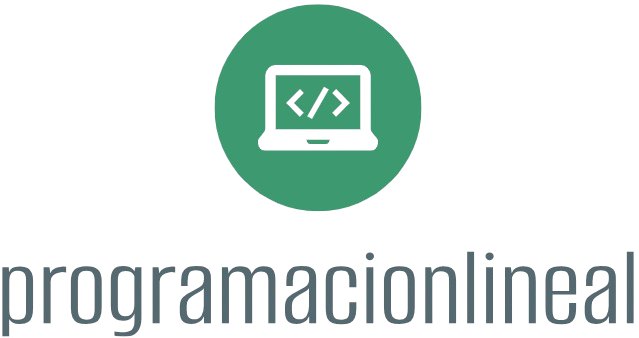Learning machine learning (ML) is an exciting endeavor that can open doors to numerous opportunities in various fields. Here’s a curated list of some of the best resources to help you get started and deepen your understanding of machine learning.
Online Courses
- Coursera
– “Machine Learning” by Andrew Ng: This renowned course is often considered the gold standard for ML beginners. It covers the fundamentals of machine learning, data mining, and statistical pattern recognition.
– [Coursera ML Course](https://www.coursera.org/learn/machine-learning)
– Deep Learning Specialization by Andrew Ng: Further your skills with this series of courses diving into deep learning concepts, including neural networks and more advanced topics.
– [Coursera Deep Learning Specialization](https://www.coursera.org/specializations/deep-learning)
- edX
– “Introduction to Artificial Intelligence (AI)” by IBM: This course covers AI concepts, including machine learning techniques, and offers hands-on labs.
– [edX AI Course](https://www.edx.org/course/introduction-to-artificial-intelligence-ai)
– “Data Science MicroMasters” by UC San Diego: A series of graduate-level courses that cover data science and machine learning.
– [edX Data Science MicroMasters](https://www.edx.org/micromasters/data-science)
- Udacity
– Machine Learning Engineer Nanodegree: A comprehensive program that provides hands-on projects and mentorship to help you master practical applications of machine learning.
– [Udacity ML Nanodegree](https://www.udacity.com/course/machine-learning-engineer-nanodegree–nd009)
- Kaggle
– Kaggle offers free courses on various data science and machine learning topics, along with datasets for practice. Their “Micro-Courses” on ML and Python are particularly useful for beginners.
– [Kaggle Courses](https://www.kaggle.com/learn)
Books
- “Hands-On Machine Learning with Scikit-Learn, Keras, and TensorFlow” by Aurélien Géron
– This practical guide provides a comprehensive introduction to machine learning using Python, covering both traditional machine learning algorithms and deep learning techniques.
- “Pattern Recognition and Machine Learning” by Christopher M. Bishop
– A more theoretical approach to machine learning, this book is suitable for those seeking an in-depth understanding of the underlying mathematics.
- “Deep Learning” by Ian Goodfellow, Yoshua Bengio, and Aaron Courville
– This is a definitive textbook on deep learning, covering theoretical foundations, algorithms, and applications.
Online Platforms and Tutorials
- Google’s Machine Learning Crash Course
– This free course provides a practical introduction to machine learning, featuring video lectures from Google researchers and hands-on exercises.
– [Google ML Crash Course](https://developers.google.com/machine-learning/crash-course)
- fast.ai
– Fast.ai offers practical courses on deep learning that emphasize getting hands-on with coding and practical applications rather than focusing excessively on theory.
– [fast.ai Course](https://course.fast.ai/)
- DataCamp
– An interactive platform that focuses on data science and machine learning with hands-on coding exercises. They offer various courses on Python and R for data science.
– [DataCamp](https://www.datacamp.com)
Tools and Libraries
- TensorFlow
– An open-source library developed by Google for numerical computation, particularly for deep learning applications. The official documentation and tutorials can be a great starting point.
– [TensorFlow Official Tutorials](https://www.tensorflow.org/tutorials)
- PyTorch
– A popular deep learning library known for its flexibility and ease of use. PyTorch’s official website provides comprehensive documentation and tutorials.
– [PyTorch Tutorials](https://pytorch.org/tutorials/)
Communities and Forums
- Kaggle
– Apart from courses, Kaggle is an excellent platform for participating in data science competitions, sharing notebooks, and collaborating with other data scientists.
– Subreddits such as r/MachineLearning, r/DataScience, and r/deeplearning are great for discussions, resources, and sharing knowledge with fellow learners.
- Stack Overflow
– A useful platform to ask questions and get answers about specific programming or machine learning problems you encounter on your learning journey.
Blogs and Websites
- Towards Data Science
– A Medium publication that features articles on various data science topics, including tutorials, case studies, and concepts in machine learning.
– [Towards Data Science](https://towardsdatascience.com/)
- Distill.pub
– A website focused on presenting machine learning concepts in an intuitive and visually engaging manner, making complex ideas accessible.
– [Distill](https://distill.pub/)
Conclusion
Machine learning is a vast field, but with the right resources and a consistent learning approach, you can build a strong foundation and advance your skills. Engage with the community, work on projects, and practice regularly to solidify your understanding.











